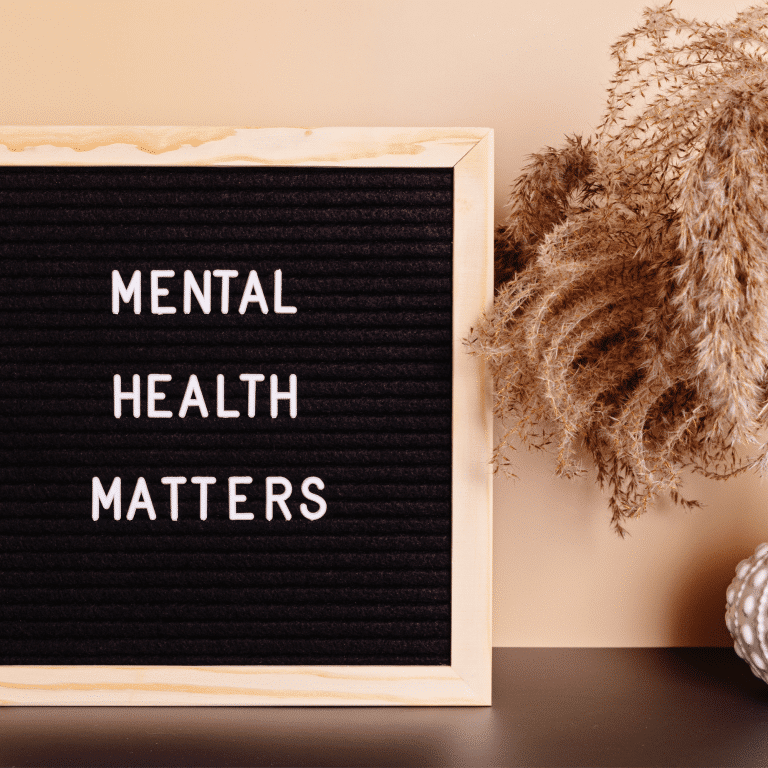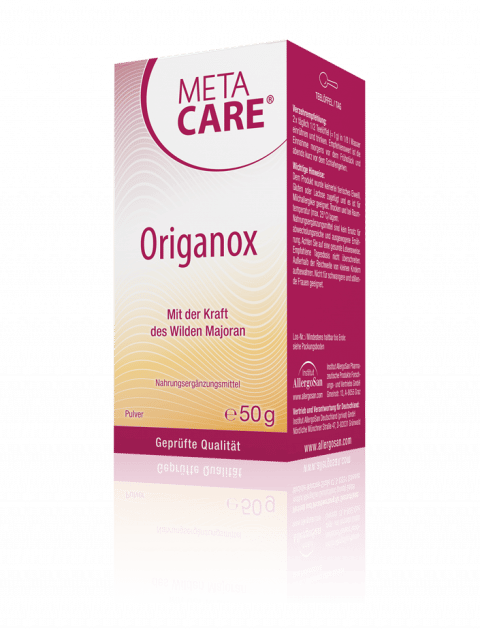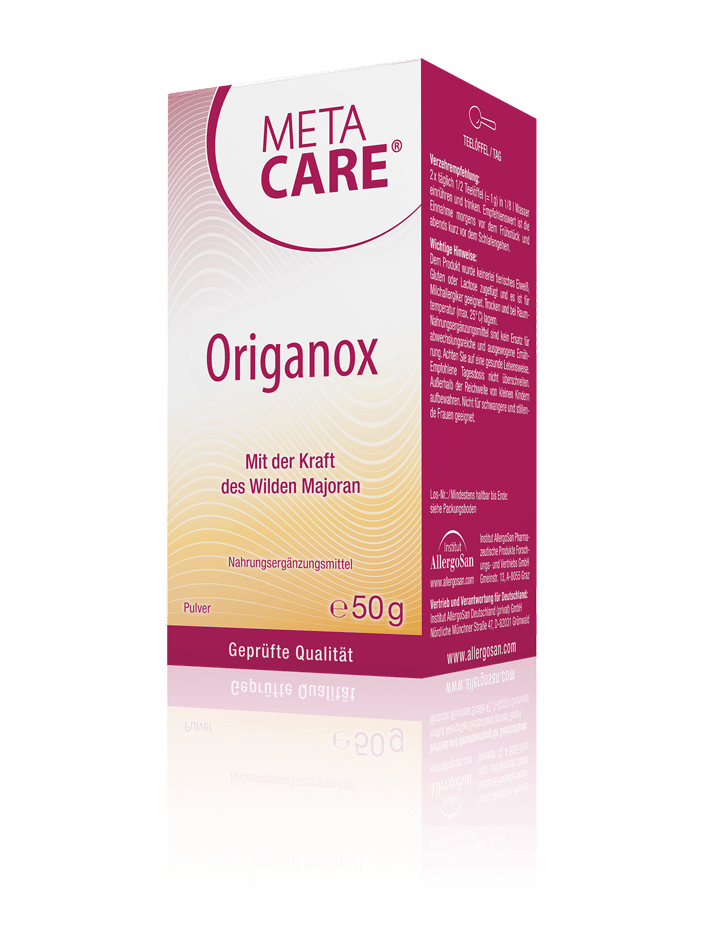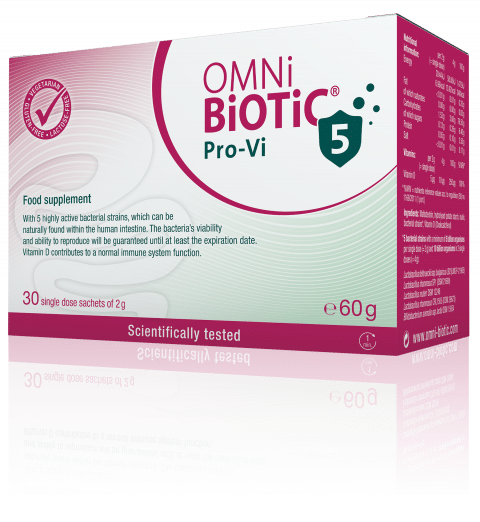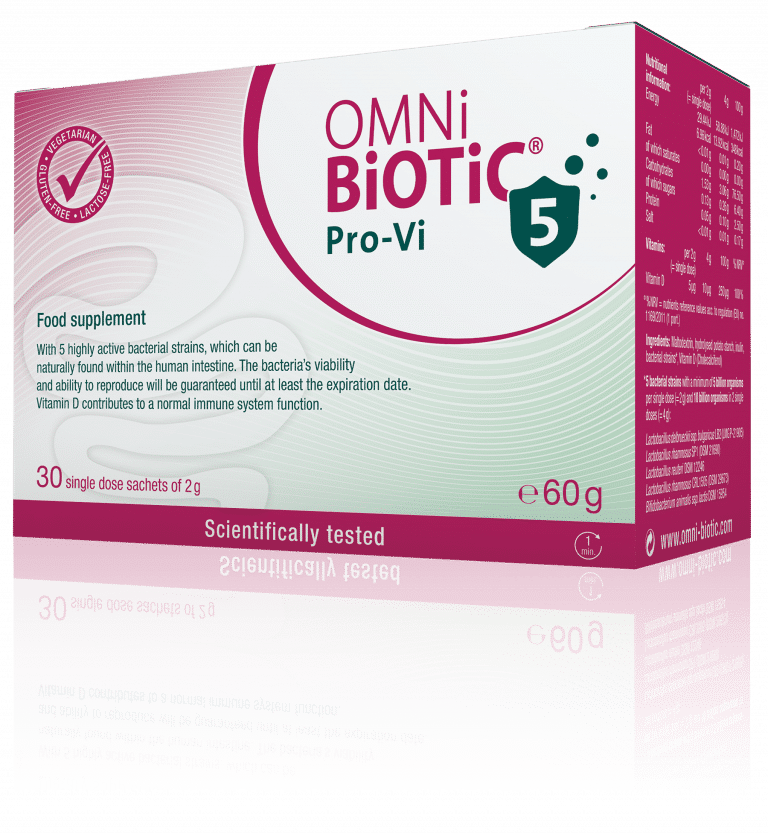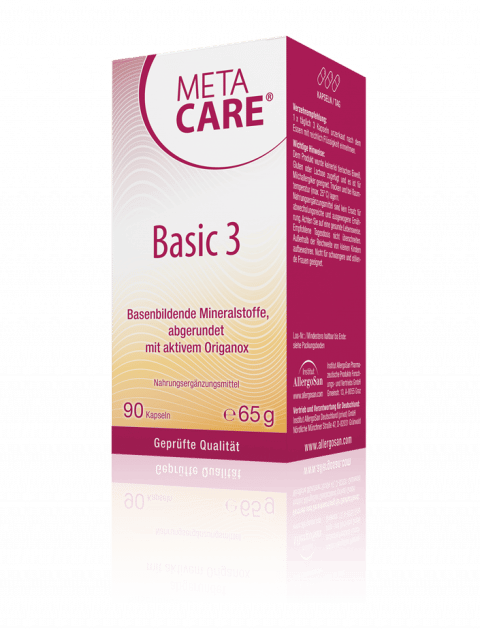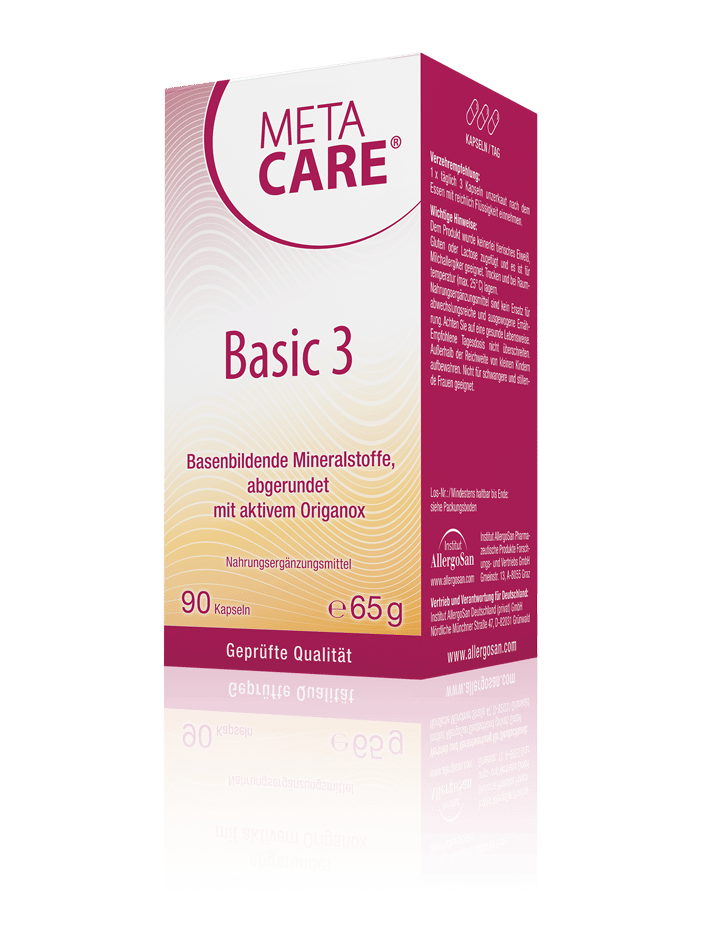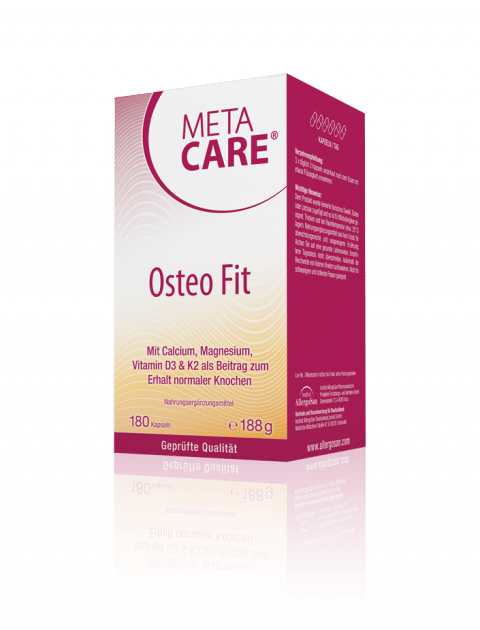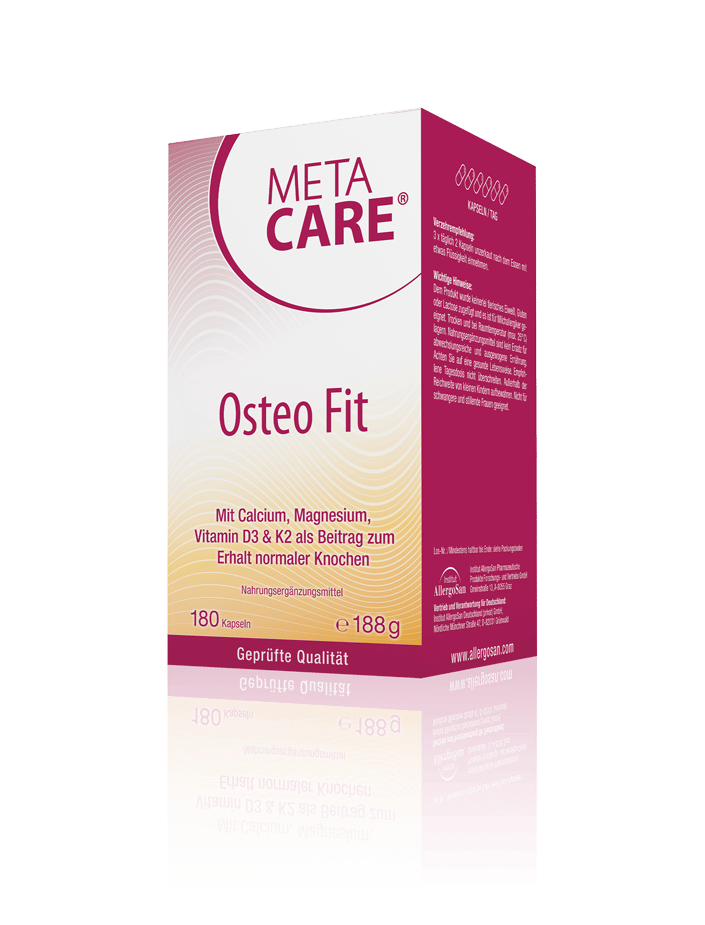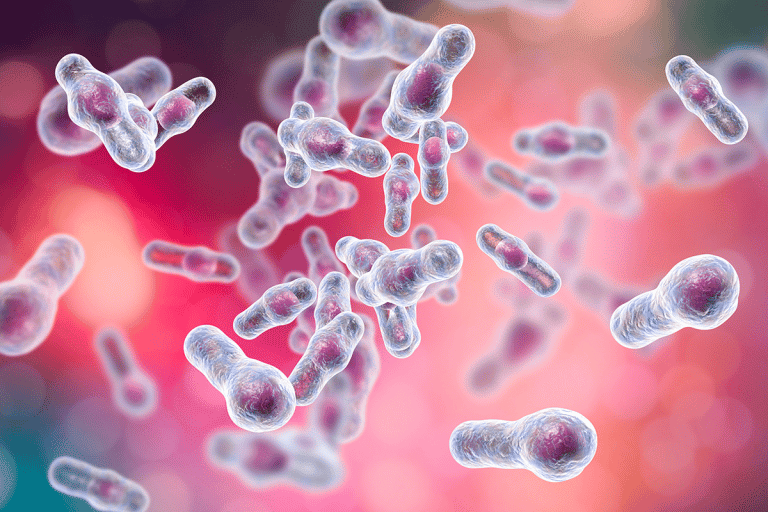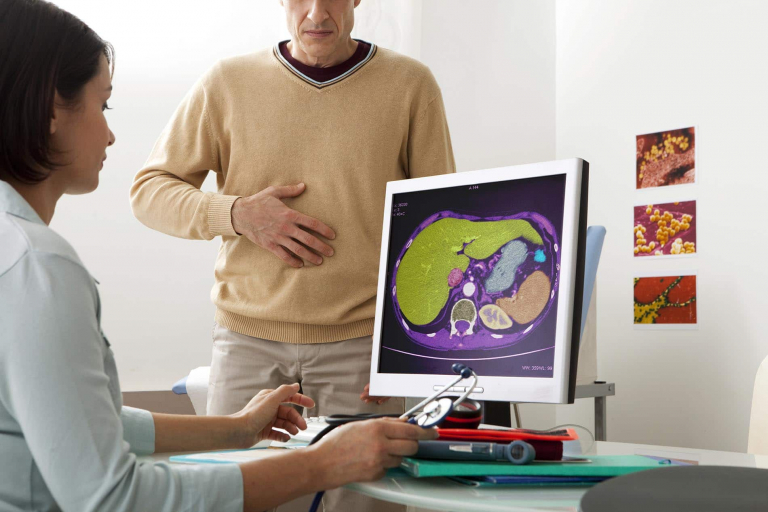
Emanuel Munkhambwa
Strengthening the immune system
The leaves are falling, it’s storming, and in some places, the temperature is already below zero. The immune system is running at full speed while the cold and dry air take their toll. A moderate amount of exercise, a balanced diet and even probiotics can help us withstand autumn and winter.
„I’ve caught a cold!“ followed by sneezing, and the same person blowing their nose. Like it or not, we are going to have to get used to this sentence over the next few months. But what exactly challenges our immune system so during autumn and winter? All in all, several factors play a role: Cold temperatures and the resulting loss of body temperature reduce the blood flow in our body which weakens the immune system. Furthermore, poor room ventilation leaves the air stale and without humidity – which leads to the nasal mucous membranes drying out and makes it easy for germs to colonise and multiply.
No-one is really immune from a cold: Adults suffer from coughing and a cold 2 to 5 times a year, whereas children up to 10 times per year. A cold usually starts off with a sore throat, a runny nose and fatigue followed by coughing and a temperature. In most cases, these symptoms are caused by the common cold. The „real“ flu (influenza), on the other hand, presents a drastic deterioration of a patient’s general condition, a fever above 41°C within the first 24h hours as well as headaches and muscle soreness.
Antibiotics: both a blessing and a curse
When the first symptoms arise, the most important step towards quickly getting better is rest. Painkillers and herbal remedies can reduce symptoms, and you should also make sure to take in enough liquids. Antibiotics are only useful if the disease is caused by bacteria and has no effect against viruses. Doctors can usually only determine the presence of a bacterial infection after a medical examination. To confirm the diagnosis, the inflammatory markers are determined with the help of the CRP-rapid-test; which is covered by some medical aids.
Always pay close attention on how to take the antibiotic if one is prescribed: The intake can occur on an empty stomach, before a meal or at random, and depending on the active substance, certain foods should also be avoided. Whatever the case, the antibiotics should be taken for the duration of the prescription and not ended too early, otherwise the risk of the bacteria developing a resistance increases.

Antibiotics are a true blessing for humanity, however, – and this is the „curse“ – these drugs cannot distinguish between harmful and helpful bacteria. They also destroy the helpful intestinal flora which has a profound impact on our immune system. That is why it is so important to take probiotics during an antibiotic treatment. Probiotics have several benefits: they help to rebuild the intestinal flora, they oust harmful germs, they produce anti-bacterial substances (so-called bacteriocins), and they stimulate the immune system into building more antibodies.
Supporting the immune system
There is a lot you can do to stop catching a cold or alleviate the symptoms. A balanced, Mediterranean diet forms the basis. Certain foods stimulate the immune system, support the intestines or supply the body with antibacterial substances.
Even physical activity can help build a resistant immune system. But beware! Don’t dive into sports directly after an infection, the resulting heart muscle inflammation should not be taken lightly. Instead, start slowly and let your body get used to the physical strain. Regarding sportswear, stick to the „onion shell look“ when it’s cold: Small air pockets form between the layers of clothes, which are then warmed up by our body temperature and protect us from cooling down. The right breathing is also very important when doing sports: By breathing regularly through the nose, the air is filtered, moistened and warmed up.
